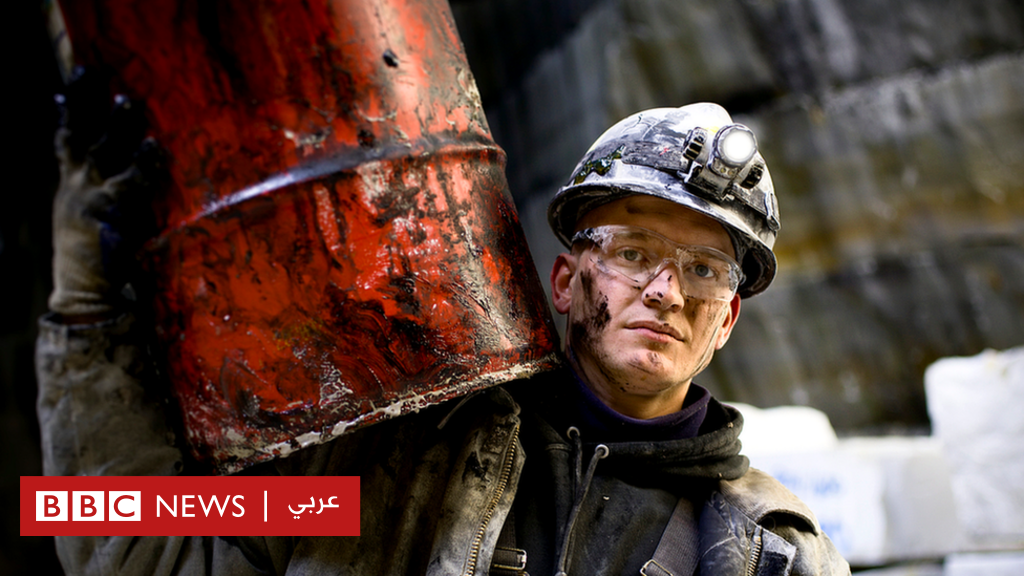- Annabelle Liang
- BBC economics correspondent
This step strengthens Western pressure on Russia after its invasion of Ukraine
Oil prices rose on fears that a new cap on the price of Russian oil could disrupt global supplies in the coming months.
Another decision by the major oil-producing countries to continue reducing oil production to support world prices led to an increase in the price of crude oil.
The price of Brent crude rose about 2% on Monday, taking the price of a barrel to $87.25.
However, that price is still well below the high price levels seen in the markets after the Russian invasion of Ukraine.
The increase in the price of oil leads to an increase in the price of petrol and the cost of living in general.
Maximum price of Russian crude oil
On Monday, the G7 countries began capping the price of Russian oil at $60 a barrel to “deny Russia from benefiting from its war of aggression against Ukraine.”
This means that Russian oil, purchased for no more than $60 a barrel, will only be able to be shipped on G7 and EU tankers.
The move makes it difficult for Moscow to sell its oil at a higher price, since many of the major shipping and insurance companies are located within the G7.
Despite this, Russia, which is the second largest producer of crude oil in the world, has said it will not accept the imposition of a price cap and has threatened to stop exporting oil to countries that adopt such measures.
George Lyon, senior vice president of energy consultancy Rystad Energy, told the BBC that oil prices could rise as a result.
“Russia has been very clear that it will not sell crude (oil) to anyone with a price cap,” he added.
“So what’s likely to happen is we’re going to see some turbulence over the next few months, and then oil prices are likely to start moving up again over the next few weeks,” he said.
The group represents the world’s seven largest “advanced” economies, which dominate global trade and the international financial system, and includes Canada, France, Germany, Italy, Japan, the United Kingdom and the United States.
Meanwhile, the group of oil-producing countries known as “OPEC Plus” said on Sunday it would continue its policy of cutting production to support global prices.
OPEC Plus is made up of 23 oil-exporting countries, plus Russia, and the group meets regularly to determine how much crude oil will be offered for sale in the global market.
Since the Russian invasion of Ukraine, world oil prices have risen by more than $120 a barrel, amid fears of a global supply shortage from Russia.
However, it has declined sharply since then, as the global economy slows and countries cut back on oil consumption.
“OPEC’s decision to keep the production quota as it stands … is an implicit step in support of the oil market,” Standard & Poor’s Kang Wu told the BBC.
Analysts said the easing of Covid restrictions in some Chinese cities has also boosted oil prices, which could lead to higher demand.
Other Chinese cities, including Urumqi in the country’s northwest, have said they will ease restrictions imposed to curb the spread of the corona virus, following popular protests against the country’s “zero Covid” policy.
Oil and gas prices rose on fears that the Russian invasion of Ukraine could affect supplies
Economic sanctions
The move to cap Russian crude at $60 a barrel surpasses the European Union’s ban on maritime imports of Russian crude, as well as similar pledges by the US, Canada, Japan and the UK.
However, Ukrainian President Volodymyr Zelensky called the price cap move a “weak position” and not “serious” enough to hurt the Russian economy.
While Russia will inevitably be hit by the measures, the blow will be partially mitigated by Moscow’s tendency to sell its oil to other markets such as India and China, which are currently the single largest buyer of Russian crude.
Kremlin spokesman Dmitry Peskov said on Monday that Russia would respond to the latest measures, adding it would not stop its military campaign in Ukraine.


